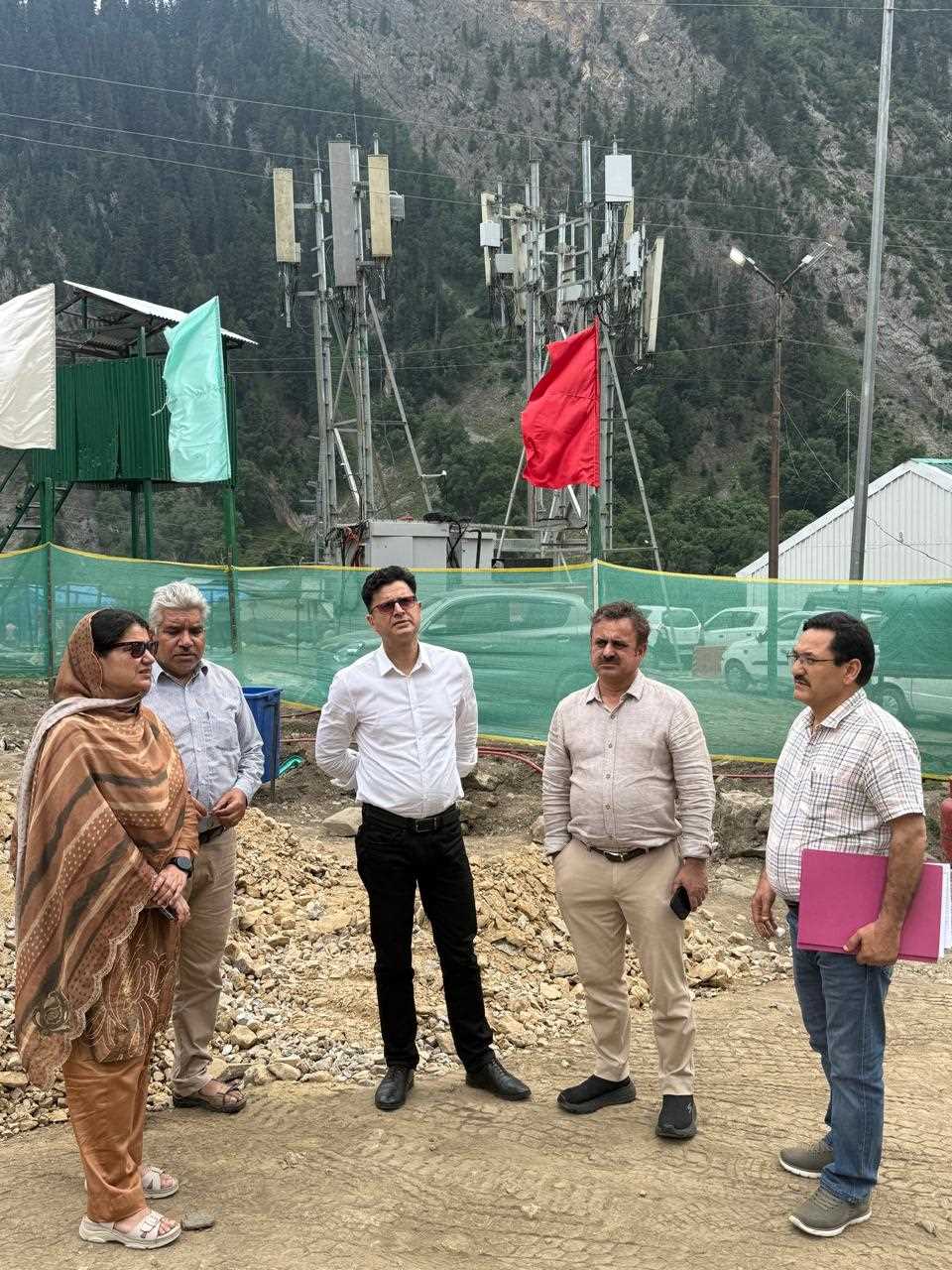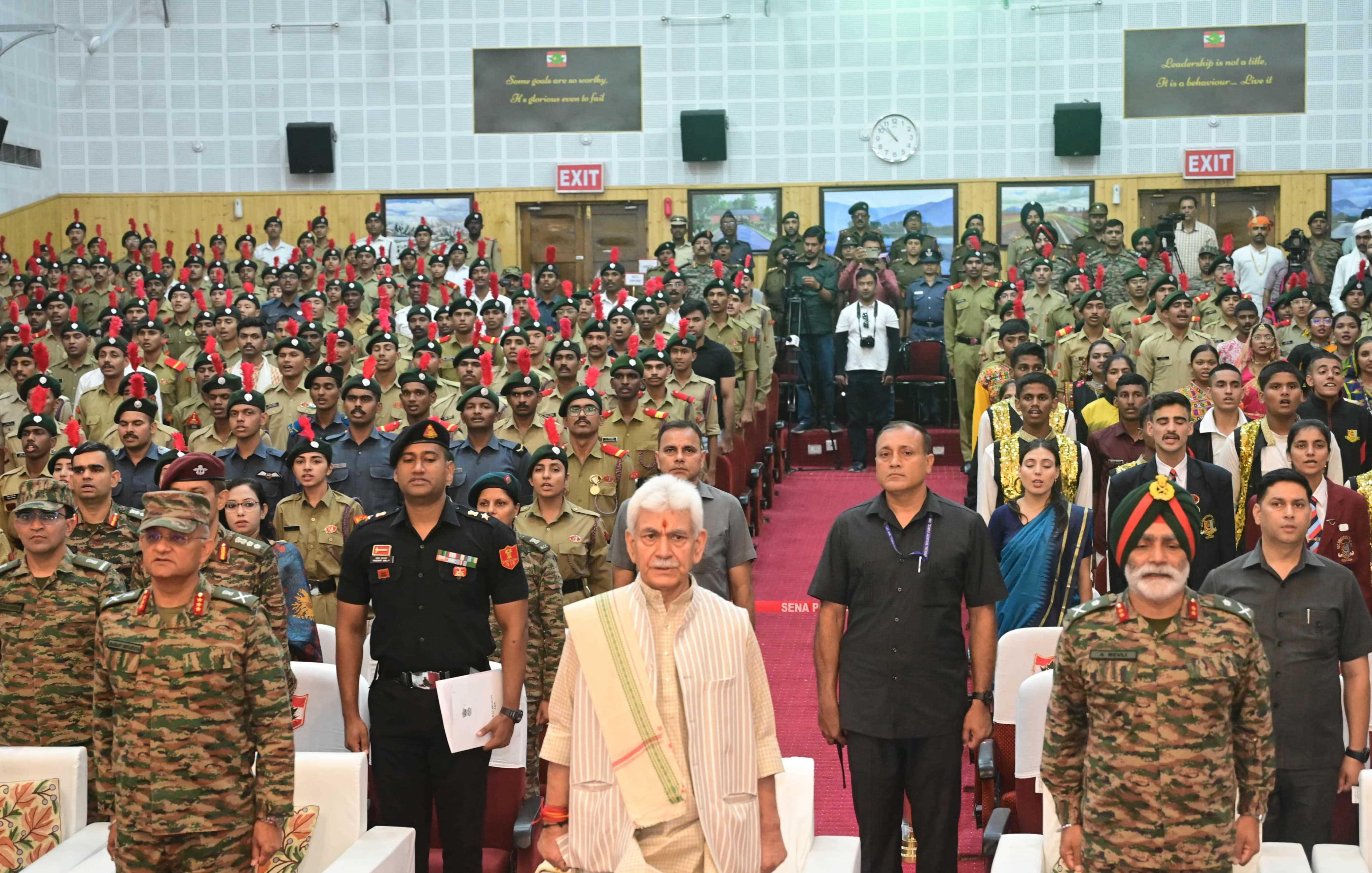
The successful launch of Axiom-4 on June 25, 2025, from NASA’s Kennedy Space Center is far more than a technical milestone — it is a profound statement of our country’s growing stature in global space exploration. As Indian Air Force Group Captain Shubhanshu Shukla journeys to the International Space Station (ISS), he becomes the first Indian in space in over four decades. His mission is emblematic of our transition from a regional space power to a globally recognised force in human spaceflight, innovation, and scientific collaboration. This historic journey follows in the footsteps of Rakesh Sharma, who flew aboard a Soviet Soyuz in 1984. But where Sharma’s mission was a Cold War-era symbol of Indo-Soviet camaraderie, Shukla’s flight is a declaration of 21st-century space diplomacy — with India as a confident partner on the world stage. Axiom-4, a private commercial mission led by the US-based Axiom Space, features an international crew and reflects the increasingly collaborative nature of modern space exploration. India’s participation is no longer just symbolic; it is now strategic, scientific, and forward-looking. Captain Shukla’s 14-day stint aboard the ISS will include experiments designed by Indian scientists, placing Indian innovation in orbit and generating invaluable data for sectors ranging from material sciences to biotechnology. This is a watershed moment for Indian science, offering not just national pride, but tangible research gains that can influence health, agriculture, and technology back home. It also serves as a live demonstration of India’s readiness to train, support, and sustain astronauts in space — a foundational requirement for India’s upcoming indigenous Gaganyaan mission. Moreover, India’s involvement in Axiom-4 signals a larger trend: the shift from government-only space missions to public-private partnerships that redefine accessibility and ambition in space. By aligning with private players like Axiom Space while steadily building its own crewed mission capabilities, we are walking the fine line between ambition and pragmatism — a strategy that may well define the next era of space race. The resonance of this mission reaches beyond technology and geopolitics; it touches a billion dreams. It inspires students, scientists, and policymakers alike, proving that space is not just the final frontier — it is a shared future. As the tricolour rises aboard the ISS, it symbolizes not just a journey to the stars, but our ascent into the constellation of spacefaring nations. With Axiom-4, we aren’t just participating in space exploration — we are helping lead it.



The successful launch of Axiom-4 on June 25, 2025, from NASA’s Kennedy Space Center is far more than a technical milestone — it is a profound statement of our country’s growing stature in global space exploration. As Indian Air Force Group Captain Shubhanshu Shukla journeys to the International Space Station (ISS), he becomes the first Indian in space in over four decades. His mission is emblematic of our transition from a regional space power to a globally recognised force in human spaceflight, innovation, and scientific collaboration. This historic journey follows in the footsteps of Rakesh Sharma, who flew aboard a Soviet Soyuz in 1984. But where Sharma’s mission was a Cold War-era symbol of Indo-Soviet camaraderie, Shukla’s flight is a declaration of 21st-century space diplomacy — with India as a confident partner on the world stage. Axiom-4, a private commercial mission led by the US-based Axiom Space, features an international crew and reflects the increasingly collaborative nature of modern space exploration. India’s participation is no longer just symbolic; it is now strategic, scientific, and forward-looking. Captain Shukla’s 14-day stint aboard the ISS will include experiments designed by Indian scientists, placing Indian innovation in orbit and generating invaluable data for sectors ranging from material sciences to biotechnology. This is a watershed moment for Indian science, offering not just national pride, but tangible research gains that can influence health, agriculture, and technology back home. It also serves as a live demonstration of India’s readiness to train, support, and sustain astronauts in space — a foundational requirement for India’s upcoming indigenous Gaganyaan mission. Moreover, India’s involvement in Axiom-4 signals a larger trend: the shift from government-only space missions to public-private partnerships that redefine accessibility and ambition in space. By aligning with private players like Axiom Space while steadily building its own crewed mission capabilities, we are walking the fine line between ambition and pragmatism — a strategy that may well define the next era of space race. The resonance of this mission reaches beyond technology and geopolitics; it touches a billion dreams. It inspires students, scientists, and policymakers alike, proving that space is not just the final frontier — it is a shared future. As the tricolour rises aboard the ISS, it symbolizes not just a journey to the stars, but our ascent into the constellation of spacefaring nations. With Axiom-4, we aren’t just participating in space exploration — we are helping lead it.
© Copyright 2023 brighterkashmir.com All Rights Reserved. Quantum Technologies